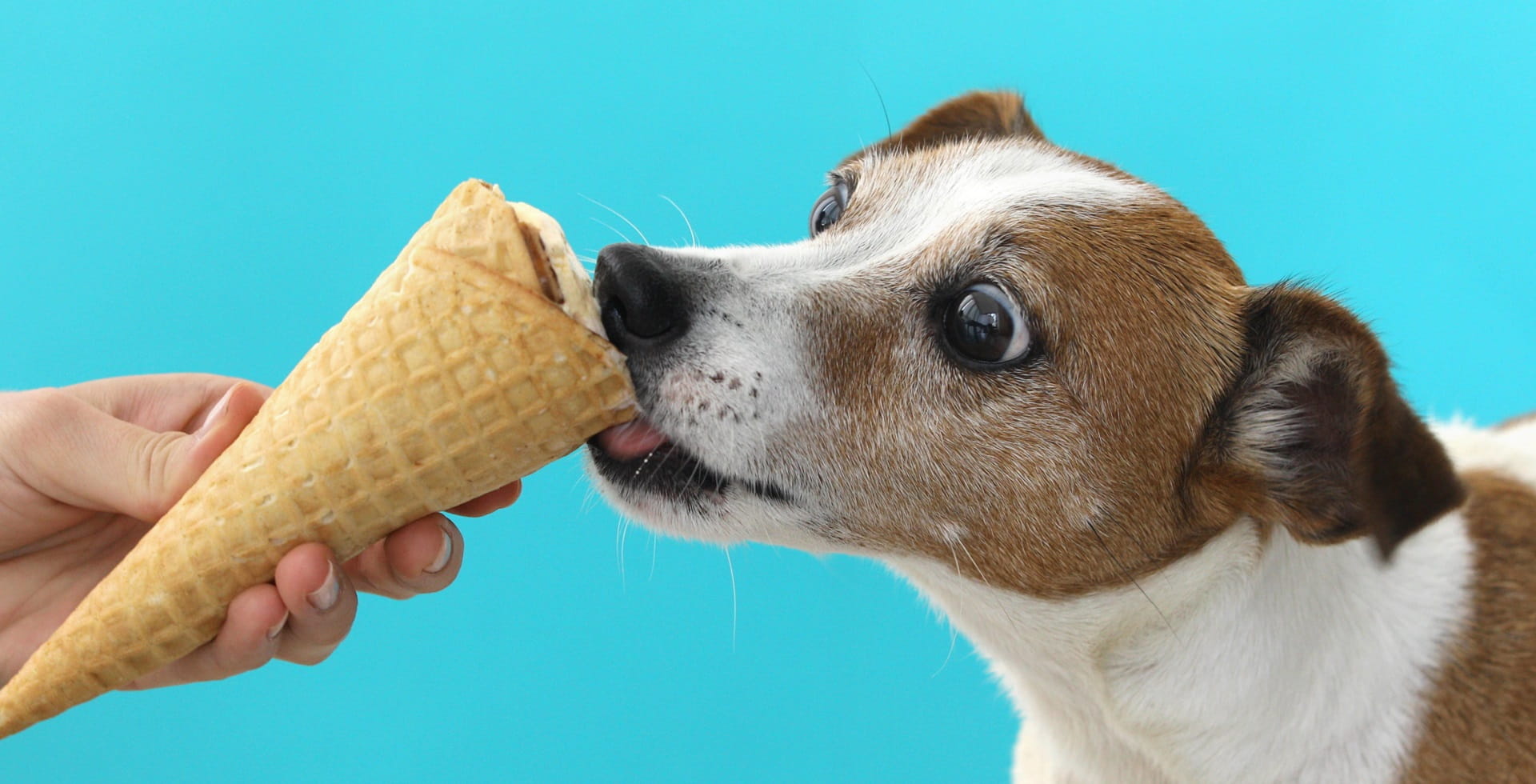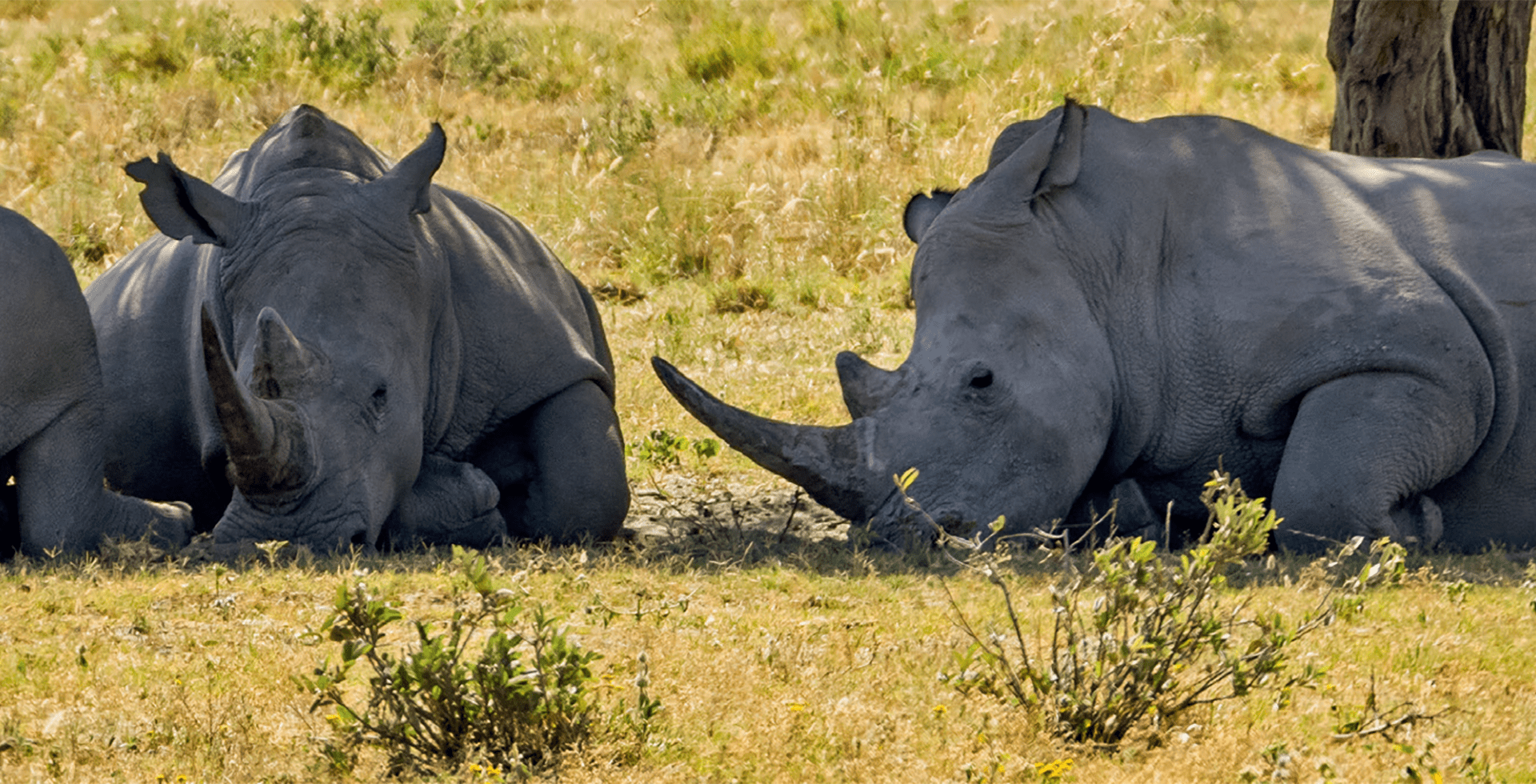Our love of pets is fuelling innovation and growth

Summary
The role that pets are playing in their human's lives has shifted dramatically over the years: from a functional, or working role, to that of a companion and family member. This trend to humanise pets has led to new segments of the pet economy developing, which offer new opportunities to generate revenue. Pet parents are not just spending more on their pets' basic needs, they are seeking out high-quality premium products.
|
|
Download the article here |

Larry has a Twitter account and is the “Chief Mouser to the Cabinet Office” in the UK.
He greets guests, tests antique furniture for napping quality and provides security defenses against rodents.
His current strategy against the mouse occupancy problem is in the tactical planning stage.
But there is no risk of him getting fired if he fails to catch a mouse. The reason for this is simple. He’s a pet!
Our love affair with pets has created a booming market
Let’s start with some background. When we first domesticated animals, we used them as living tools. They were a source of food, clothing and free labour.
An ox could plough a field and a cow provide milk, while their hides could be used for clothing.
Meanwhile, horses gave us transport, dogs hunted and protected us, while cats – like Larry – caught mice.
But in modern times, our relationship with animals has changed. They have become our companions and much-loved family members.
We worry about their health, safety and wellbeing as much as our own. Consequently, we also spend on them like we would on ourselves.
Thus, creating a booming market for the pet economy.
The growing pet economy is a long-term trend
Retailers, manufacturers and entrepreneurs are all vying for a share of this lucrative pet market,
which is likely to continue growing in the decades to come.
This is a long-term trend that is being shaped by a combination of shifting demographics,
technological change and rising disposable incomes.
From pet-loving millennials who have chosen to delay or forego parenthood to elderly people in search for companionship,
the pet economy is a reflection of the far-reaching changes we are now seeing as the global economy evolves.
Economic and demographic changes are fuelling spendingIt is the role that pets play in their owners’ lives that is driving this increase in spending. 1 There are many drivers of this trend, but let's look at what we see as the three most impactful. Firstly, a growing middle class globally has made the fostering pets a lot more affordable, redefining their role from tool to family member. This has shifted the view of ‘pet ownership’ to ‘pet parenting’ thereby increasing demand for pet products and services. Secondly, aging populations, coupled with an increase in people choosing to remain single or to have children later in life, has meant that animals are playing a more important role as a companion. |

|

|
Consumers in the United States spent the most on pet care worldwide in 2019 - Americans spent 162 US $ on a per capita basis on such products in that year. Britain ranked in distant second place, where consumers on average spent 93 US $ per capita. Source: Euromonitor; Statista estimates; The Economist |
|
The rise of e-commerce has made it easier for owners to spend on their pets. It has given access to niche products and services, which were previously unheard of. For instance, your canine companion can now share in the delights of dessert: dog friendly cakes and 'ice-creams' are growing in popularity and availability. |

Source: Bloomberg, Allianz Global Investors 30/04/2021. |
Pet parents are not just spending more on their pets,
they are also seeking out high-quality premium products.

New and innovative segments in the pet market are developing
The trend to humanise pets has led to new segments of the pet industry developing, which offer new opportunities to generate revenue.
Food

“You are what you eat” is a common phrase used by nutritionists.
Owners are applying the same philosophy to the food they give their pets.
One company that has benefited from this has been US group FreshPet *. This company supplies fresh food for pets, offering products that are healthier than dried or canned food.
The strategy appears to be paying off. The FreshPet brand is now present in many grocery stores across the US.
In Europe, ZooPlus * is 1 of Europe's leading online retailers for pet food.
During the coronavirus pandemic the business performed well as it was able to increase its profitability, cut costs and improve logistics.
However, it's the way the business is positioned, that is really interesting. Its customer base was already moving towards its higher-end and higher-margin products before the coronavirus pandemic. This trend that has been reported in the company’s previous financial reports and points to being a long-term structural trend.
Healthcare
The pet health sector is also set to expand significantly in the coming decades.
IDEXX Laboratories * in the US, is a leading manufacturer of clinical diagnosis tools for cats, dogs and livestock.
It is experiencing increasing demand from veterinary practices for its products, as there is a need for higher-tech health solutions, which is in strong demand from pet owners.
Another company benefiting from this trend in higher-end veterinary care is Heska *. The company has a broad portfolio of veterinary products.
It is offering technology such as advanced urine analysis and immunodiagnostic equipment. It has also expanded the cloud data and AI services that it offers.
It's a good example of where the demand for high-quality pet care is being facilitated by the new digital era.
Insurance
The love that owners have for their pets is driving demand for comprehensive and lifelong insurance coverage
Trupanion * is an industry leader in providing pet insurance products for the North American market.
It offers no payout limits and is the only pet insurance brand that has software that can enable direct payments to veterinarians at the time of checkout.
The company has experienced 53 straight quarters of revenue growth of over 20% (to March 2021, on a constant currency basis). It continues to rapidly expand and establish its position. Indeed, our increasing emotional attachment to our pets has encouraged a greater number of owners to take out insurance.
As the number of and improvements in treatment options become available, rising health costs mean that pet owners want to protect against being caught short should something happen.
A pet is for life
Our behaviour towards our pets and how we treat them reflects how we see them – as loved members of our family. This relationship is only set to intensify. Powerful structural forces such as demographics and technological change are likely to increase our emotional need to have pets in our lives.
The pet economy is therefore expected to continue to expand significantly in the decades to come.
Allianz Pet and Animal Wellbeing strategy 2

Allianz Pet and Animal Wellbeing is a pure thematic investment strategy with an exclusive focus on the global pet market.
Driven by the megatrend of Demographic & Social Change, we invest in companies across the globe that are directly participating in and benefiting from the pet economy.
* Securities mentioned in this document are for illustrative purposes only and do not constitute a recommendation or solicitation to buy or sell any particular security. These securities will not necessarily be comprised in the portfolio by the time this document is disclosed or at any other subsequent date
1 Evans, J. – PetCare market booms as lockdown loneliness drives sales – Financial Times – 18/10/2020
2 A performance of the strategy is not guaranteed and losses remain possible. This is for guidance only and not indicative of any future allocation.
3 CAGR: Compound annual growth rate – GrandViewResearch.com/press-release/global-pet-care-market – last updated: 30/11/2018
4 Grassroots Research® is a division of Allianz Global Investors that commissions investigative market research for asset-management professionals. Research data used to generate Grassroots Research® reports are received from independent, third-party contractors who supply research that, as far as permissible by applicable laws and regulations, may be paid for by commissions generated by trades executed on behalf of clients.
Investing involves risk. The value of an investment and the income from it may fall as well as rise and investors might not get back the full amount invested. The views and opinions expressed herein, which are subject to change without notice, are those of the issuer companies at the time of publication. The data used is derived from various sources, and assumed to be correct and reliable at the time of publication. The conditions of any underlying offer or contract that may have been, or will be, made or concluded, shall prevail. The Management Company may decide to terminate the arrangements made for the marketing of its collective investment undertakings in accordance with applicable de-notification regulation. The duplication, publication, or transmission of the contents, irrespective of the form, is not permitted; except for the case of explicit permission by Allianz Global Investors GmbH.
For investors in Europe (excluding Switzerland)
This is a marketing communication issued by Allianz Global Investors GmbH, www.allianzgi.com, an investment company with limited liability, incorporated in Germany, with its registered office at Bockenheimer Landstrasse 42-44, 60323 Frankfurt/M, registered with the local court Frankfurt/M under HRB 9340, authorised by Bundesanstalt für Finanzdienstleistungsaufsicht (www.bafin.de).
The Summary of Investor Rights is available in English, French, German, Italian and Spanish at https://regulatory.allianzgi.com/en/investors-rights
Allianz Global Investors GmbH has established branches in the United Kingdom, France, Italy, Spain, Luxembourg, Sweden, Belgium and the Netherlands. Contact details and information on the local regulation are available here (www.allianzgi.com/Info).
For investors in Switzerland
This is a marketing communication issued by Allianz Global Investors (Schweiz) AG, a 100% subsidiary of Allianz Global Investors GmbH.
AdMaster: 1629557
The threat of extinction and how Artificial Intelligence could save the day

Summary
WALL-E is the last robot left on Earth. He spends his days tidying up the deserted, uninhabitable planet, when he falls in love with EVE – a sleek looking robot sent to analyse Earth for life. Although this is a fictional story created by Disney Pixar*¹, the storyline is profound – WALL-E finds the last plant in the world and lovingly takes care of it, sending a powerful and symbolic message about biodiversity and its importance for human survival.








